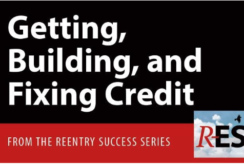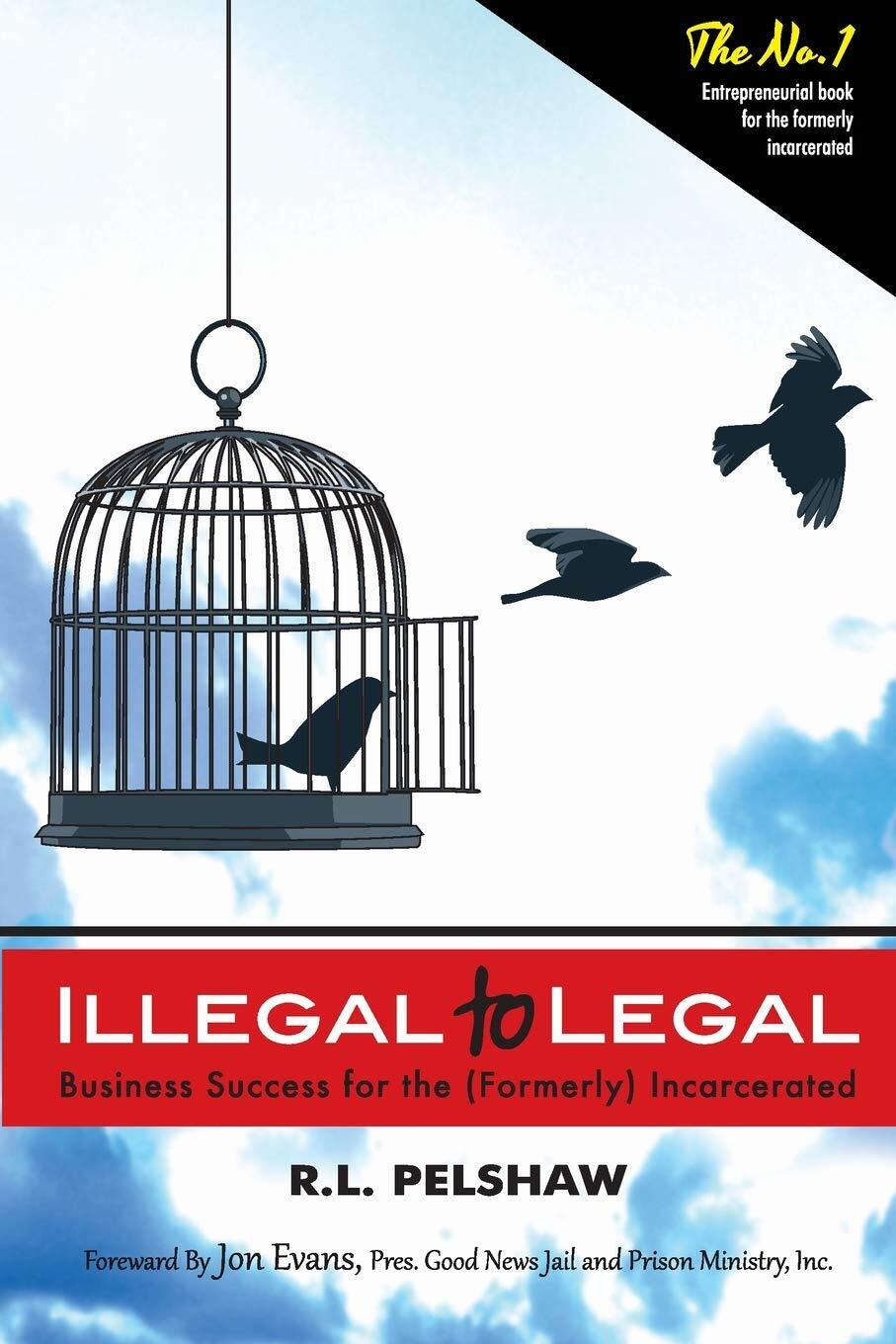Before the Great Recession I had super credit and could get millions of dollars in personal loans in minutes. I even had a $35mm credit line for my company.
After the Great Recession I lost over $30mm in assets, caught my charge, and a $22mm personal bankruptcy that ruined the credit that took 20 years of hard work to build.
I know what it’s like to be denied credit or having to put assets or cards in my wife’s name because my credit was ruined.
But, with a little knowledge, common sense, and hard work you can get and build credit, or fix bad credit. The first step is understanding what a credit bureau is and how it affects your credit.
There are three main credit reporting bureaus in the United States: Experian, Equifax, and TransUnion.
Credit Bureaus do not make credit or lending decisions, but they influence those that do.
If they don’t make credit decisions, what do they do?
- They build and track a personal credit history file based on your credit accounts, using your Social Security number or other identification information.
- They provide your credit information, in the form of credit reports which they sell, to lenders and creditors to help them determine your creditworthiness.
Your credit history, including factors such as your payment history and your amounts owed, are used along with other factors to calculate your credit scores. As long as your payment is made within 30 days of being due most agencies count that as current or “paid as agreed.”
Credit bureaus use different sources for collecting information, and not all creditors report to all 3 major credit bureaus. This means that each of your credit reports may contain different information.
Each credit bureau has their own way of calculating scores, and they can vary widely.
Creditors keep the credit bureaus updated monthly with your account status and payment history — two factors that contribute to your credit scores. Speaking of credit scores, there are many different credit scoring models used by credit bureaus and other entities. As a result, your credit score may vary between the three nationwide credit bureaus — even if all of your creditors report to all three. While many do, some creditors may report to only two, one or none at all.
Credit bureaus collect the following types of information:
- Credit account information, including payment history, balance of an account, % of credit used, how old the account is, how often it’s used, and what your credit limit is.
- Evictions
- Judgements (some criminal charges show up on credit reports, some don’t. My felony didn’t)
- Debt collections
- Bankruptcies
Closed accounts stay on your credit report for up to 10 years since the date of last activity. Negative information such as late payments or collections can stay on your credit report for 2 to 7 years depending on what it is, and whether you worked to build good credit to replace the negative credit. Some companies may consider these things when evaluating your application for credit.
What types of information are on credit reports?
Credit reports show:
- Your personal information, like where you lived, your phone numbers, employers, as well as current and past credit accounts, and whether they were paid back satisfactorily or not.
- Credit inquiries that you made, and that potential lenders made to see if they offer you those credit promotions you see in your mail from time to time.
- If you made too many credit inquiries yourself that could temporarily decrease your score. Inquiries you did not initiate do not affect your score.
Check your credit report first before you go to pay old debts, as they might already be gone, or close to going.
Don’t make a payment on a debt that fell off your credit report (timed out), as that can resurrect an old debt that you may not be liable for. Check your credit report to see for sure.






